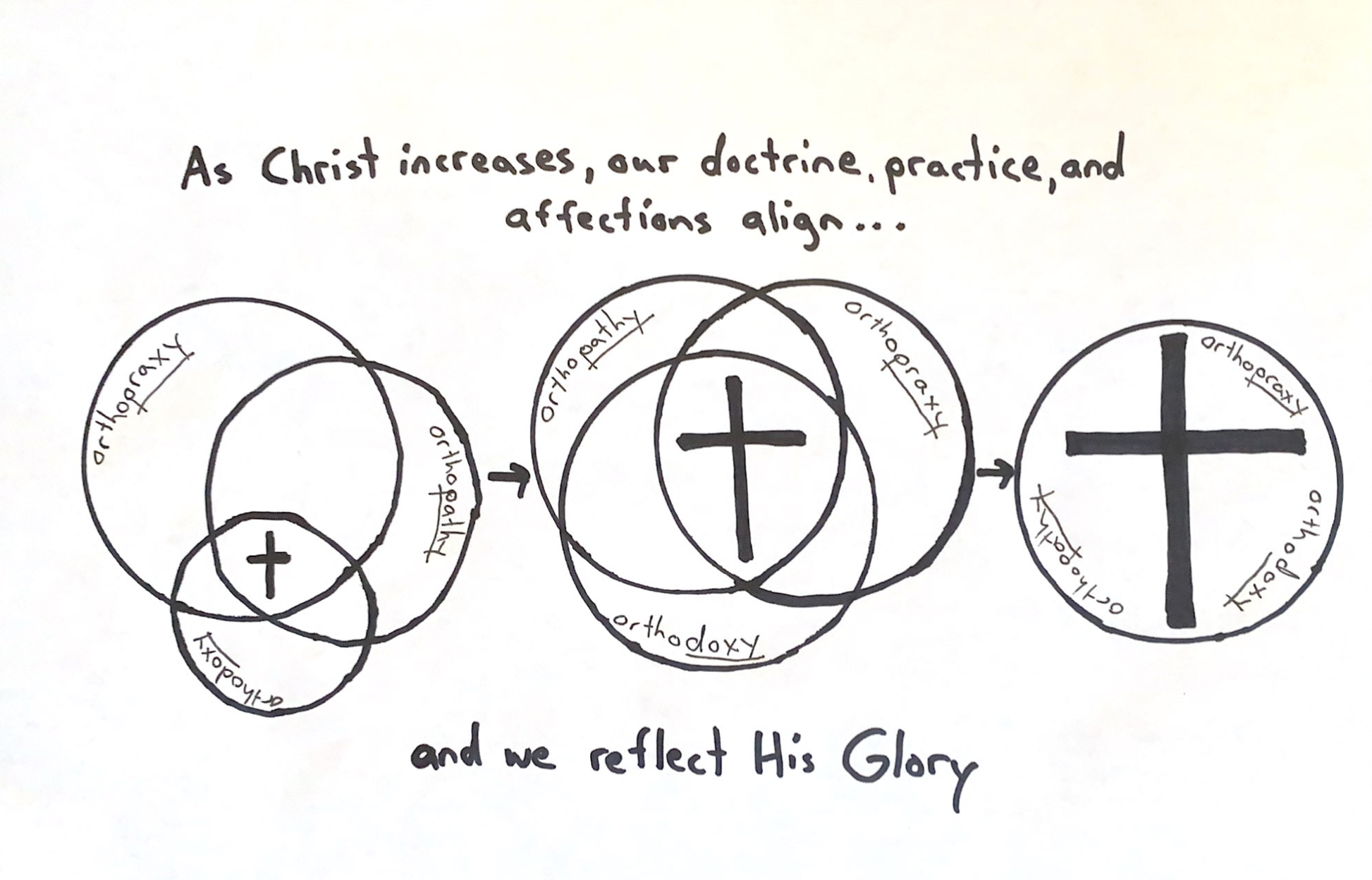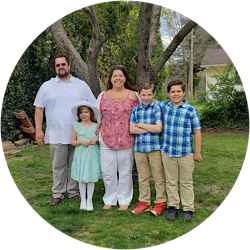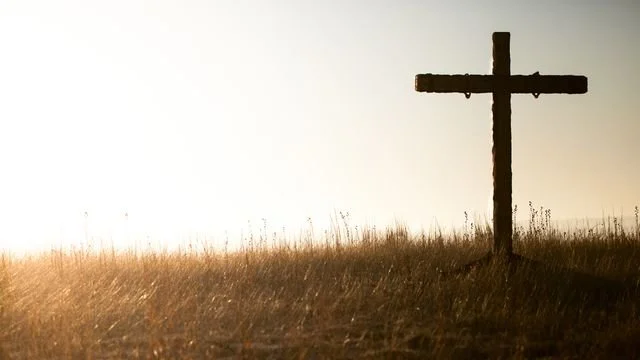As suspicious as I am of these new-fangled cell phones everybody has glued to their ears, I reluctantly must admit that I often find them pretty handy. That was the case last summer.
On our road trip through America’s Heartland, heading to a family reunion in the Black Hills of South Dakota, we whizzed by a couple of signs that read, “Orphan Train Stops,” apparently designating the communities we were passing. Had I read that correctly? What on earth? I don’t think I had ever heard of an orphan train before. Being honest here, I didn’t immediately think of looking it up on my phone. But our lovely granddaughter, our traveling companion, was all over it.
We were captivated by what we read about this little known yet significant slice of American history.
From the 1830’s to the 1920’s, east coast cities were flooded with homeless, abandoned, and orphaned European immigrant children. Some found refuge in over-crowded and under-resourced institutions while thousands lived on the frightening and dirty streets. It is estimated that more than 10,000 children, at any given time, were trying to survive on their own in New York City alone.
There were no federal or state social safety nets to address this horror until 1930, so some well-intentioned religious and philanthropic organizations made attempts to do something. One of their solutions was to load these already traumatized children onto trains and carry them hundreds of miles to midwestern farming communities where they would be “adopted,” which more accurately could be called indentured servitude, according to Christina Baker Kline, author of Orphan Train. While I’m certain some of these children were happily adopted into loving homes, many others were not. There are many sad stories. You can only imagine.
It is estimated that more than 200,000 children made that fearful journey into the unknown.
I was greatly moved by what Casey read to me from Wikipedia that sunny June afternoon. And by what I have researched since.
Maybe you are wondering why I’m sharing this obscure American social experiment with you. I guess it’s because I relate to the plight of these dear children so well. I’m wondering if you might too.
You see, I have been a spiritual orphan. Have you?
I’ve been on that crowded train, empty and alone, clacking rhythmically over the rails, heading to some distant place I can’t name, longing, searching for home, a place of provision, of protection, of security, of significance, of rest, of kindness, and of love. A place where I am known. A place where I belong. A place where I have a Father.
Jesse gets it. Did you hear what he so beautifully expressed last Sunday morning on the video when he and Mary encouraged us to be baptized? He told us that he had been physically orphaned as a young boy. That made him feel he was not a part of things, that he always had to try to make himself likeable, accepted. He continually had a fear of being rejected. But choosing to be baptized solidified for him spiritually that he is part of a family and that he has a Father Who loves him and cares for him, One who has proven to Jesse throughout his life that He is constantly there for him.
Jesse’s story greatly moved me too.
I was reminded of Ephesians 1:4-5 in The Message. “Long before he laid down earth’s foundations, he had us in mind, had settled on us as the focus of his love, to be made whole and holy by his love. Long, long ago he decided to adopt us into his family through Jesus Christ. (What pleasure he took in planning this!)”
After reading those incredible words, could you ever feel more wanted? God Himself DECIDED before you were even BORN to adopt you, to make you His own child, to be your true Father forever and ever. No degrading whistle stops to have your teeth checked and your muscles squeezed. No more being rounded up and boarded back on the train, hoping that at the next stop, somebody will want you. No one telling you that you aren’t pretty enough or old enough or young enough or strong enough or smart enough or talented enough or educated enough or religious enough or brave enough. No one telling you that you talk funny and don’t have the right pedigree or background. He, King of the universe, the only wise God, chose you and adopted you into His forever family through Jesus. Amazing.
No longer orphans, aliens or strangers, we are reconciled to God and graciously placed in His family, members of His household with all the rights and privileges of sons and daughters (Ephesians 2:19). We now can “approach God with boldness and confidence” (Ephesians 3:12) and enjoy unhindered and unlimited access to Him (3:18). We find ourselves in a huge, worldwide family of faith (and a local one!) where there is mutual support, encouragement, accountability, purpose, and enjoyment of and gratitude for our Father’s lavish love for each of us.
Fear or doubt could easily make us feel like an outsider, keeping us from fully accessing the benefits of being part of God’s family. But hear and embrace once more the reality of God’s free and generous gifts of love and bask in the wonder of being His. (Lisa M. Samra, Our Daily Bread)
So get off the train. No need to travel any farther in your search to belong. You have been adopted, by faith in the finished work of Jesus on the cross, for God the Father Himself. You are no longer an orphan. You are home, loved, known and accepted, right where you belong.
You have an incredibly special Father.
You have a church family.
Make sure you thank Him every day.
You don’t even need a cell phone to do it.
—Eileen Hill

















